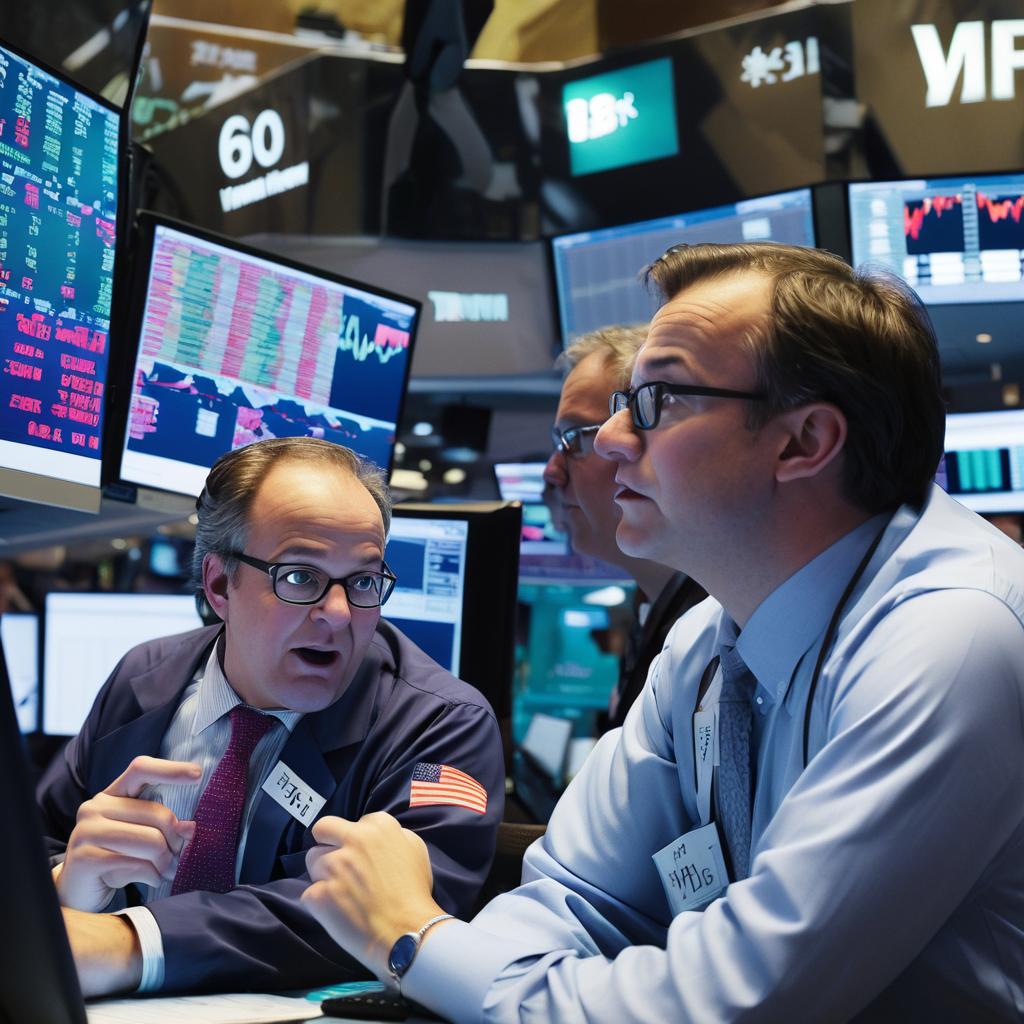Market speculation, driven by investors’ expectations of future price movements, plays a significant role in shaping stock market volatility. In this article, we’ll explore the impact of market speculation on stock market volatility and how it influences investor behavior and market dynamics.

What is Market Speculation?
Market speculation refers to the buying and selling of financial assets with the primary goal of profiting from short-term price fluctuations. Speculators often rely on technical analysis, market sentiment, and other short-term indicators to make trading decisions, rather than focusing on the underlying fundamentals of the assets.
Impact of Market Speculation on Stock Market Volatility:
- Increased Trading Activity: Market speculation typically leads to increased trading activity in the stock market as speculators buy and sell assets in response to short-term price movements. This heightened trading activity can contribute to increased volatility as prices fluctuate more rapidly in response to speculative trading.
- Amplification of Price Swings: Speculative trading can amplify price swings in the stock market, leading to sharper and more pronounced fluctuations in asset prices. When speculative traders enter the market en masse, they can exacerbate both upward and downward price movements, contributing to increased volatility.
- Herd Mentality: Market speculation often involves a herd mentality, where investors follow the crowd and engage in group behavior. This herd mentality can lead to rapid shifts in market sentiment and exaggerated price movements. Further fueling volatility as investors react to the actions of others rather than underlying fundamentals.
- Feedback Loops: Speculative trading can create feedback loops in the stock market. Where price movements trigger further buying or selling activity based on momentum and perceived trends. These feedback loops can amplify volatility by reinforcing price trends and exacerbating market fluctuations.
Managing the Impact of Market Speculation on Stock Market Volatility:
While market speculation can contribute to stock market volatility. There are several strategies that investors and regulators can employ to manage its impact:
- Increased Transparency: Regulators can promote transparency in financial markets by requiring more disclosure from market participants and increasing oversight of speculative trading activities. By providing investors with better information, regulators can help mitigate the effects of speculation on market volatility.
- Long-Term Investing: Investors can adopt a long-term investment approach focused on fundamental analysis rather than short-term speculation. By investing in companies with strong fundamentals and holding positions for the long term. Investors can reduce their exposure to speculative trading and volatility.
- Risk Management: Speculative trading carries inherent risks, and investors should employ robust risk management strategies to protect their portfolios. This may include setting stop-loss orders, diversifying investments, and avoiding excessive leverage to mitigate the potential impact of market speculation on portfolio performance.
Conclusion:
Market speculation plays a significant role in driving stock market volatility. Contributing to increased trading activity, amplified price swings, herd mentality, and feedback loops in the market. While speculation is a natural part of financial markets. It can pose challenges for investors and regulators seeking to manage volatility and maintain market stability. By promoting transparency, encouraging long-term investing, and implementing effective risk management strategies. Market participants can mitigate the impact of speculation on stock market volatility and foster a more stable and resilient market environment.
